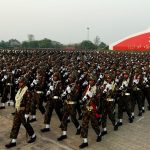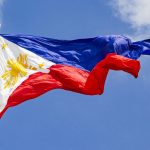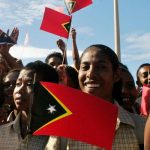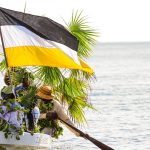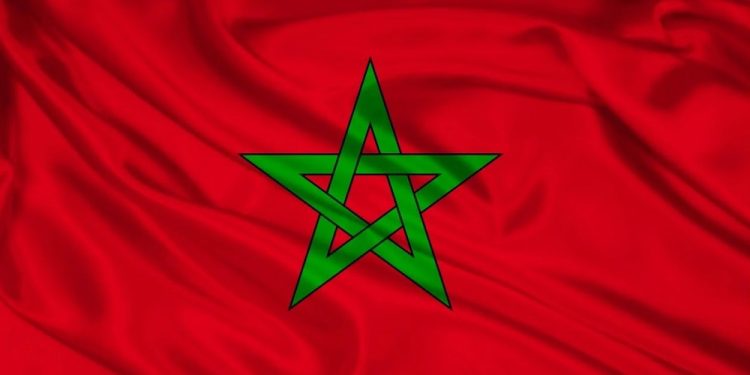
Independence Day in Morocco
On November 18th every year, Morocco celebrates a holiday called Fête de l’Indépendance. Also known as Moroccan Independence Day, this holiday commemorates the country’s independence, marking the return of King Mohammed from his exile in the mid-1950s.
Since this day is a public holiday in Morocco, not only does the general population have the day off to do as they please, but many businesses, banks, non-essential government offices, and schools are also closed for the day. This allows Moroccans to attend one of the many activities held on this day or simply spend time with their loved ones.
The History of Independence Day in Morocco
From the mid-17th through the late 19th centuries, Morocco had been under the rule of the Alaouite Dynasty. This all changed when the influence of other European powers began to grow, starting in the 19th century.
Morocco ended up going to war with Spain, but France still had an ever-increasing role in Morocco. The Germans attempted to support Moroccan independence, but that only irritated the British and the French. Eventually, France pressured Morocco to accept a treaty that, in effect, made it a French protectorate, with the northern portion of the country under Spanish control.
In the mid-1950s, there was a rising call for independence in the country, even as King Mohammed V had been exiled to Madagascar. This only heightened tensions and led to an ever-increasing resistance to the French administration of Morocco.
On November 18th, 1955, King Mohammed V returned from exile and led negotiations that would eventually lead to Moroccan independence. On March 2nd, 1956, Morocco gained independence from French colonial rule, and on April 7th, it received independence from Spain.
Observing Independence Day in Morocco
This holiday is not just observed with a day off for the general public. It’s also marked by a host of public activities, including parades and airshows, carnivals and festivals, and the raising of the Moroccan flag.


